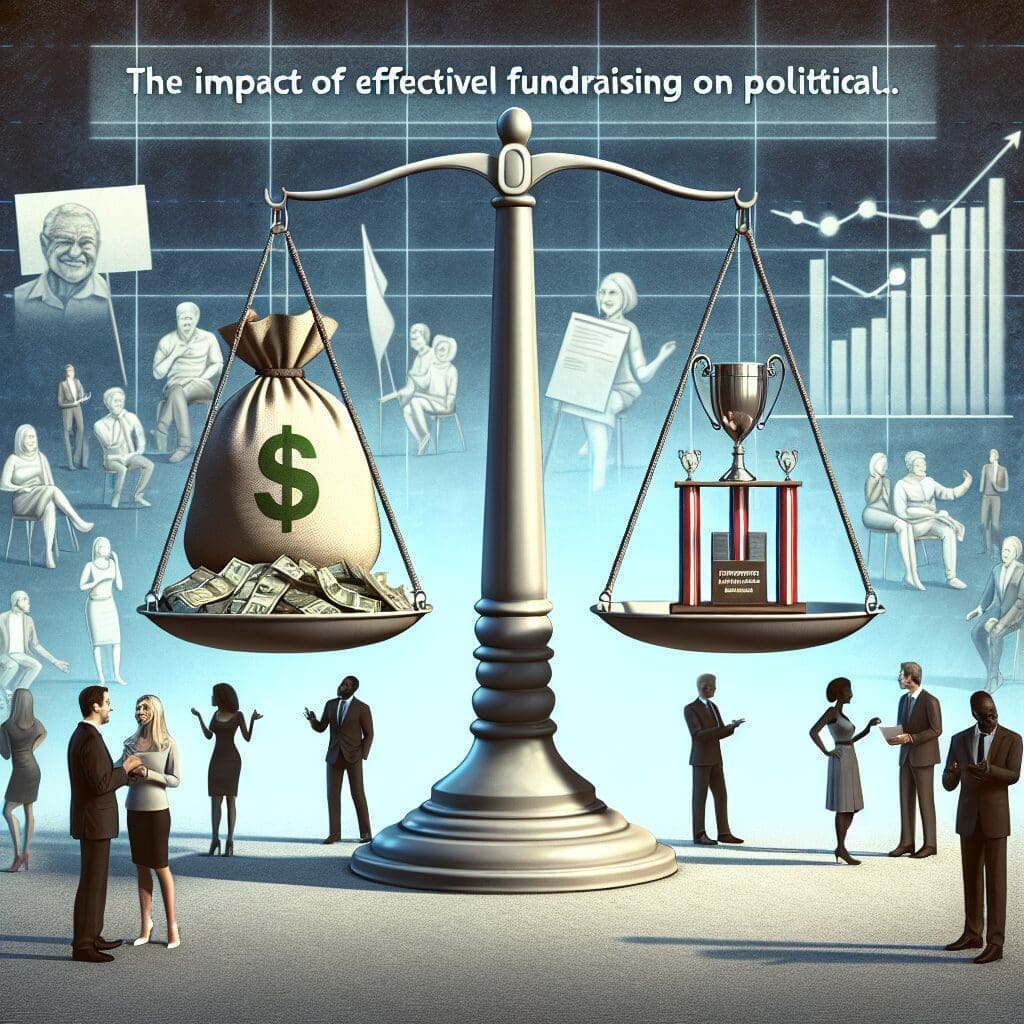Campaign Fundraising
Campaign fundraising is the lifeblood of any political candidate’s journey to elected office. It provides the financial resources needed to reach voters, run effective campaigns, and promote a candidate’s platform. In this article, we will delve into strategies and tips to help political candidates master the art of campaign fundraising effectively. Whether you’re a seasoned candidate or a newcomer to the political arena, understanding these principles can significantly boost your chances of electoral success.

- Start Early
The first rule of successful campaign fundraising is to start early. Building a robust financial base takes time and effort. By launching your fundraising efforts well in advance of the election season, you give yourself the best chance to secure the necessary funds for a successful campaign. Create a comprehensive fundraising plan that outlines your goals, target donors, and fundraising events.
- Identify Your Donor Base
Knowing your potential donors is essential. Identify individuals, organizations, and interest groups that align with your campaign’s values and objectives. Your donor base may include friends, family, local businesses, party members, and other supporters. Tailor your fundraising strategy to resonate with these different groups.
- Leverage Online Fundraising
In today’s digital age, online fundraising is a powerful tool. Set up a user-friendly campaign website where supporters can easily donate and learn more about your campaign. Use email marketing and social media platforms to engage with potential donors and keep them informed about your campaign’s progress. Consider running online fundraising campaigns, such as crowdfunding initiatives or virtual fundraising events.
- Host Fundraising Events
Organizing fundraising events can be a fun and effective way to raise funds while connecting with your constituents. These events could include dinners, galas, meet-and-greets, or community rallies. Be sure to promote these events through various channels and offer different donation levels or ticket options to accommodate various budgets.
- Engage with Supporters
Building personal connections with your supporters is key. Reach out to potential donors through phone calls, handwritten notes, and face-to-face meetings whenever possible. Share your vision, discuss campaign objectives, and listen to their concerns. Showing genuine interest in their perspectives can encourage them to contribute and become enthusiastic advocates for your campaign.
- Compliance with Campaign Finance Regulations
Campaign fundraising must comply with campaign finance regulations. Familiarize yourself with federal, state, and local laws regarding fundraising limits, disclosure requirements, and contribution sources. Establish a dedicated finance team or consultant to ensure that your campaign adheres to these rules and avoids legal complications.
- Set Realistic Fundraising Goals
Set specific, measurable, and realistic fundraising goals. Knowing how much money you need to achieve your campaign objectives will help you focus your efforts effectively. Keep your supporters informed about your progress toward these goals, inspiring them to contribute and help you reach your milestones.
Campaign fundraising is a critical element of a successful political campaign. By starting early, identifying your donor base, leveraging online fundraising, hosting events, engaging with supporters, complying with campaign finance regulations, and setting realistic goals, political candidates can effectively raise the funds needed to connect with voters and win elections. Remember that a well-executed fundraising strategy not only provides the financial means but also demonstrates your commitment to your constituents, ultimately boosting your chances of electoral success.




